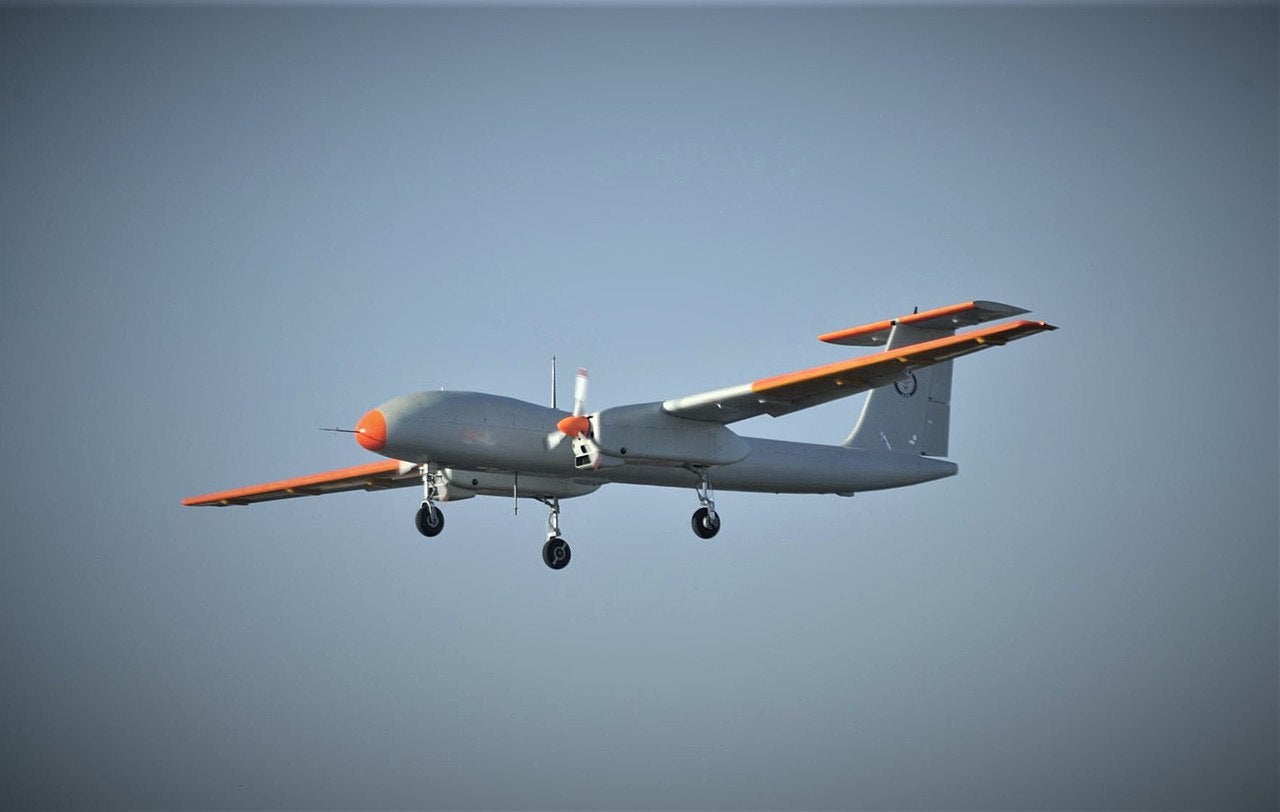
India’s Defence Research and Development Organisation (DRDO) has delivered retractable landing gear (RLG) systems for two different class of unmanned aerial vehicles (UAVs), Tapas and SWiFT.
The gears were handed over during a ceremony at DRDO laboratory Combat Vehicles Research and Development Establishment (CVRDE) in the Indian city of Chennai.
CVRDE has designed and developed the systems, which were delivered to Aeronautical Development Establishment (ADE) in Bengaluru.
The laboratory built a 3t RLG system for Tapas UAV and 1t RLG for SWiFT UAV.
Tapas’ RLG is a tricycle nose wheel type multidisciplinary, hydro-electro-mechanical system.
It was designed, developed and evaluated for certification in coordination with the Centre for Military Airworthiness & Certification (CEMILAC) and the Indian Government’s Directorate General of Aeronautical Quality Assurance (DGAQA).
This system is being produced at Coimbatore. Director CVRDE handed over the first RLG set to the Director, ADE Bengaluru.
SWiFT’s RLG has been produced with the support of Indian industry and due inspection and certification of CEMILAC and DGAQA.
The system has been designed to house landing gears within the constrained bay volume.
In addition to the delivery of the RLGs, CVRDE developed 18 types of indigenously developed hydraulic, lubrication, seawater and fuel filters for the Indian Navy’s P-75 Submarine.
Last month, DRO said it was set to build six aircraft for the Indian Air Force in a bid to enhance surveillance capabilities along borders with Pakistan and China.
In October, the Indian Ministry of Defence announced the flight test of the new generation anti-radiation missile. Called RUDRAM, it is India’s first locally developed anti-radiation missile.



